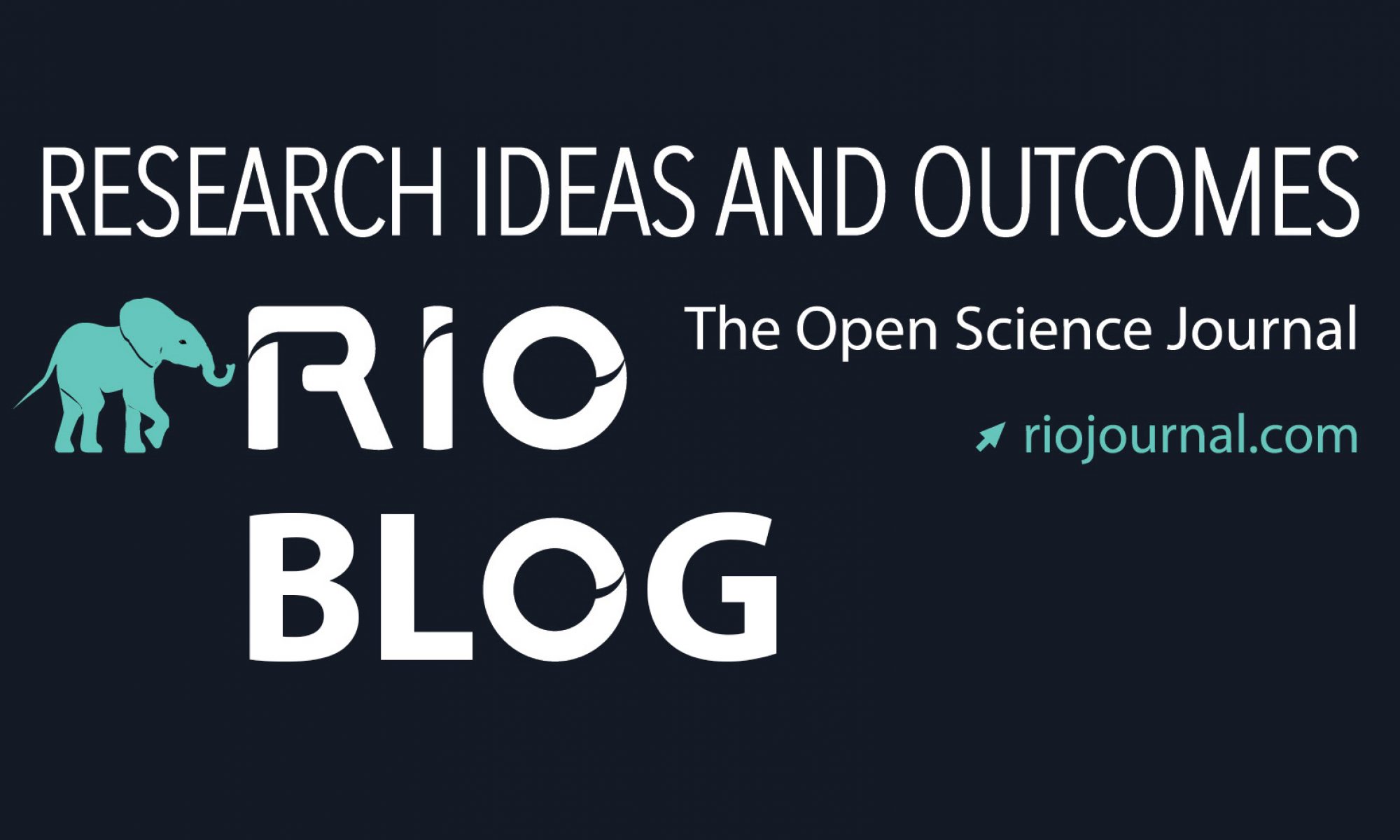Creating and maintaining a biodiversity data collection has been a much-needed worldwide exercise for years, yet there is no single standard on how to do this. This has led to a myriad of datasets often incompatible with each other. To make the most out of biodiversity data and to ensure that its use for environmental monitoring and conservation is both easy and legal, the FP7-funded EU project Building the European Biodiversity Observation Network (EU BON) published recommendations that provide consistent Europe-wide Data Publishing Guidelines and Recommendations in the EU BON Biodiversity Portal.
The report “Data Policy Recommendations for Biodiversity Data. EU BON Project Report” featured in the Research Ideas & Outcomes (RIO) journal, is the first contribution in a pioneering comprehensive project outputs compilation taking advantage of RIO’s unique option to publish collections of project results.
Biodiversity data and information provide important knowledge for many biological, geological, and environmental research disciplines. Additionally, they are crucial for the development of strong environmental policies and the management of natural resources. Information management systems can bring together a wealth of information and a legacy of over 260 years of biological observations which are now dispersed in a myriad of different documents, institutions, and locations.
EU BON aims to build a comprehensive “European Biodiversity Portal” that will incorporate currently scattered Europe-wide biodiversity data, while at the same time helping to realize a substantial part of the worldwide Group on Earth Observations Biodiversity Observation Network (GEO BON). To achieve this ambitious plan, EU BON identifies the strong need for a coherent and consistent data policy in Europe to increase interoperability of data and make its re-use both easy and legal.
“Biodiversity data and information should not be treated as commercial goods, but as a common resource for the whole human society. The EU BON data sharing agreement is an important step in this direction,” comments the lead author of the report Dr. Willi Egloff from Plazi, Switzerland.
In its report, the EU BON project analysis available single recommendations and guidelines on different topics. On this basis, the report provides structured guidelines for legislators, researchers, data aggregators, funding agencies and publishers to be taken into consideration towards providing standardized, easy-to-find, re-shareable and re-usable biodiversity data.
“We are extremely happy that EU BON is among the first to take advantage of our project outputs collections option in RIO. The first report they are publishing with us deals with issues of opening up data, and digitizing and collecting scientific knowledge, all close to RIO’s mission to open up the research process and promote open science,” says Prof. Lyubomir Penev, Founder and Publisher of RIO.
###
Original Source:
Egloff W, Agosti D, Patterson D, Hoffmann A, Mietchen D, Kishor P, Penev L (2016) Data Policy Recommendations for Biodiversity Data. EU BON Project Report. Research Ideas and Outcomes2: e8458. doi: 10.3897/rio.2.e8458
About EU BON:
EU BON stands for “Building the European Biodiversity Observation Network” and is a European research project, financed by the 7th EU framework programme for research and development (FP7). EU BON seeks ways to better integrate biodiversity information and implement into policy and decision-making of biodiversity monitoring and management in the EU.

